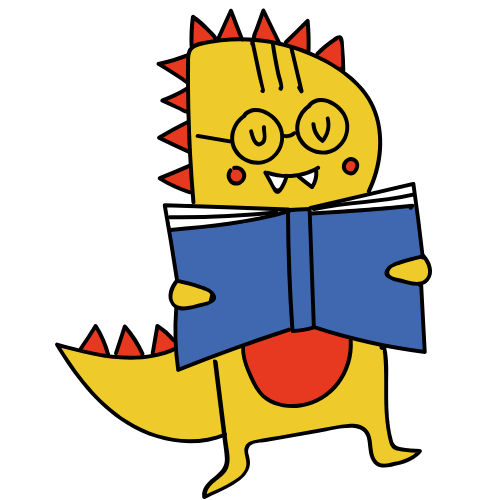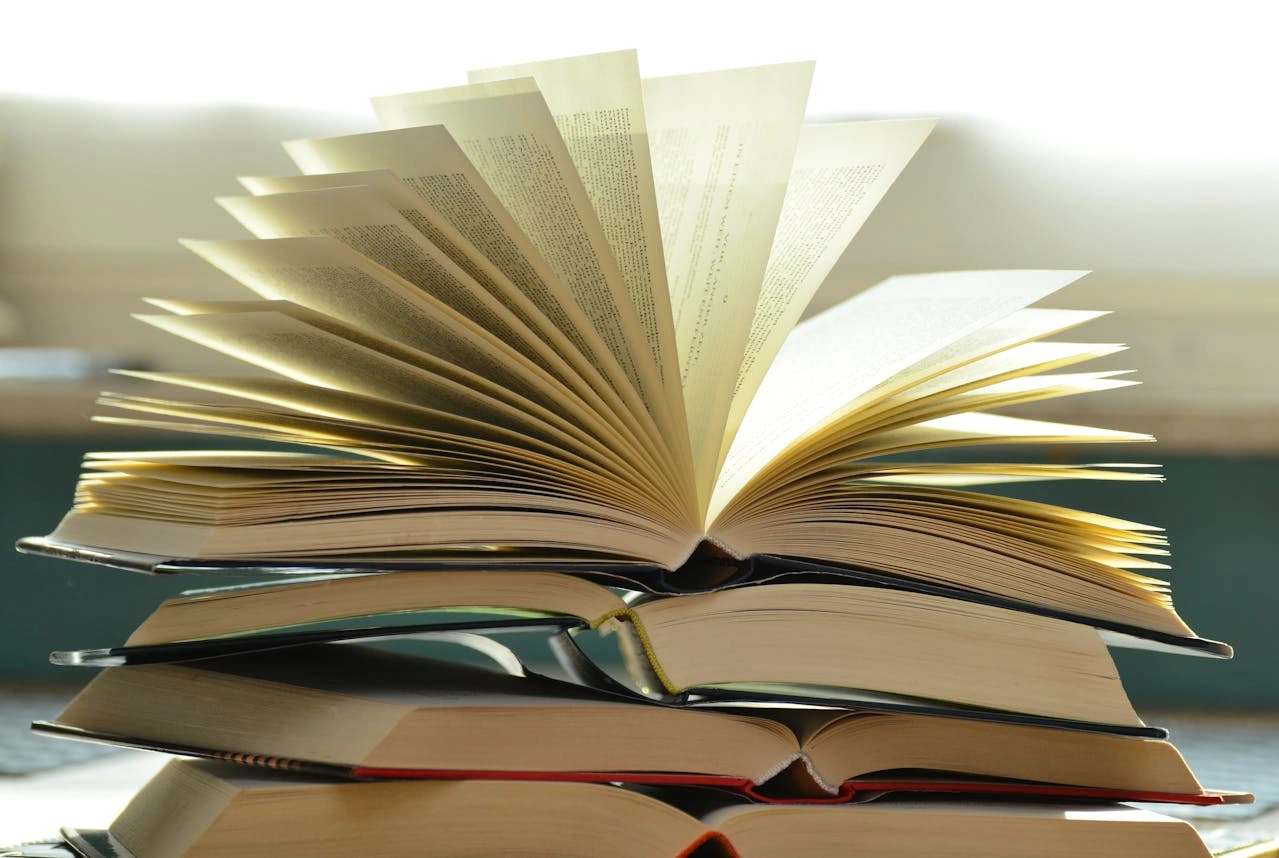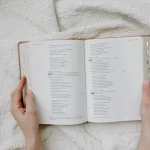When I first started getting curious about how authors actually earn money from their books, the word royalties kept popping up everywhere. At first, it sounded complicated, like something only accountants or lawyers would fully grasp.
But the more I dug into it, the more I realized royalties in books are actually pretty straightforward. And if you’re like me, someone who loves both reading and writing, understanding royalties feels kind of empowering.
So, What Are Royalties in Books Exactly?
In simple terms, royalties are the payments authors receive from publishers (or platforms like Amazon KDP) every time a book sells. Instead of getting one lump sum forever, authors are paid a small percentage of each sale.
Think of it like this:
- If a book costs $20, and the royalty rate is 10%, the author makes $2 each time that book sells.
- If the royalty rate is higher, say 70% on an eBook, the earnings per copy are much bigger.
So royalties = a share of the book’s sales that goes directly to the author.
How Royalties Actually Work
Here’s the breakdown of how royalties play out in the publishing world:
📖 Traditional Publishing
- Authors usually get 5–15% of the book’s list price.
- Hardcover royalties are often higher (10–15%), while paperbacks are lower (5–7%).
- Authors may also receive an advance (a lump sum upfront). But royalties only start getting paid once the advance is “earned out.”
💻 Self-Publishing (like Amazon KDP)
- EBooks: 35% or 70% royalties depending on pricing and distribution choices.
- Print-on-demand paperbacks: around 40–60% after printing costs are deducted.
- Authors don’t usually get an advance, but they keep a much bigger share of each sale.
🎧 Audiobooks
- Platforms like Audible pay authors/publishers 25–40% royalties depending on exclusivity deals.
Why Royalties Matter So Much to Authors
I used to think once a book was published, the author was instantly “rich.” Spoiler: not true at all. Royalties are often modest, and they add up slowly unless the book really takes off.
Here’s why royalties are a big deal:
- They’re the main way authors make money after a book is published.
- They influence how writers price their books.
- They can make or break whether writing becomes a sustainable career.
Royalties are also where the publishing paths really differ: traditional publishing offers credibility but smaller royalty shares, while self-publishing gives more control and higher royalties but requires more marketing effort.
My Personal Lightbulb Moment About Royalties
I remember the first time I calculated royalties for a book I wanted to self-publish. I had priced it at $2.99 on Kindle. With a 70% royalty rate, that meant I’d earn about $2.09 per sale. It felt like such a small number at first… until I realized if 1,000 people bought it, that’s over $2,000. Suddenly, royalties didn’t feel so tiny anymore, they felt like possibility.
A Few Things New Authors Should Keep in Mind
If you’re new to the world of writing and publishing, here are some quick royalty tips I wish I knew earlier:
- Don’t underestimate pricing. Your royalty rate changes with your chosen price point.
- Read the fine print. Publishers and platforms have different royalty structures.
- Think long-term. Royalties build up over time, it’s a marathon, not a sprint.
- Diversify formats. EBooks, paperbacks, and audiobooks all have different royalty opportunities.
Final Thoughts
To me, royalties in books aren’t just about numbers, they’re about recognition. Every royalty payment, no matter how small, is proof that someone valued an author’s words enough to buy them. That’s powerful.
So the next time you pick up a book (or publish one yourself), remember this: royalties are the bridge between a reader’s appreciation and an author’s livelihood.
Know Your Author
Hi, I’m Emon
I’m the voice and heart behind Whimsy Read. After nine years in the world of banking, I followed my passion for storytelling into the world of SEO and content strategy. Now, I blend that analytical eye with a deep love for literature to bring you book reviews that are thoughtful, honest, and always focused on the stories that stay with you.
When I’m not reading or writing, you’ll find me enjoying joyful chaos with my wife and three kids, getting lost in a new series, or revisiting my old loves: theater, music, and gaming. At the end of the day, I believe great books are meant to be shared, and I’m so glad you’re here to share them with me.







Leave a Reply